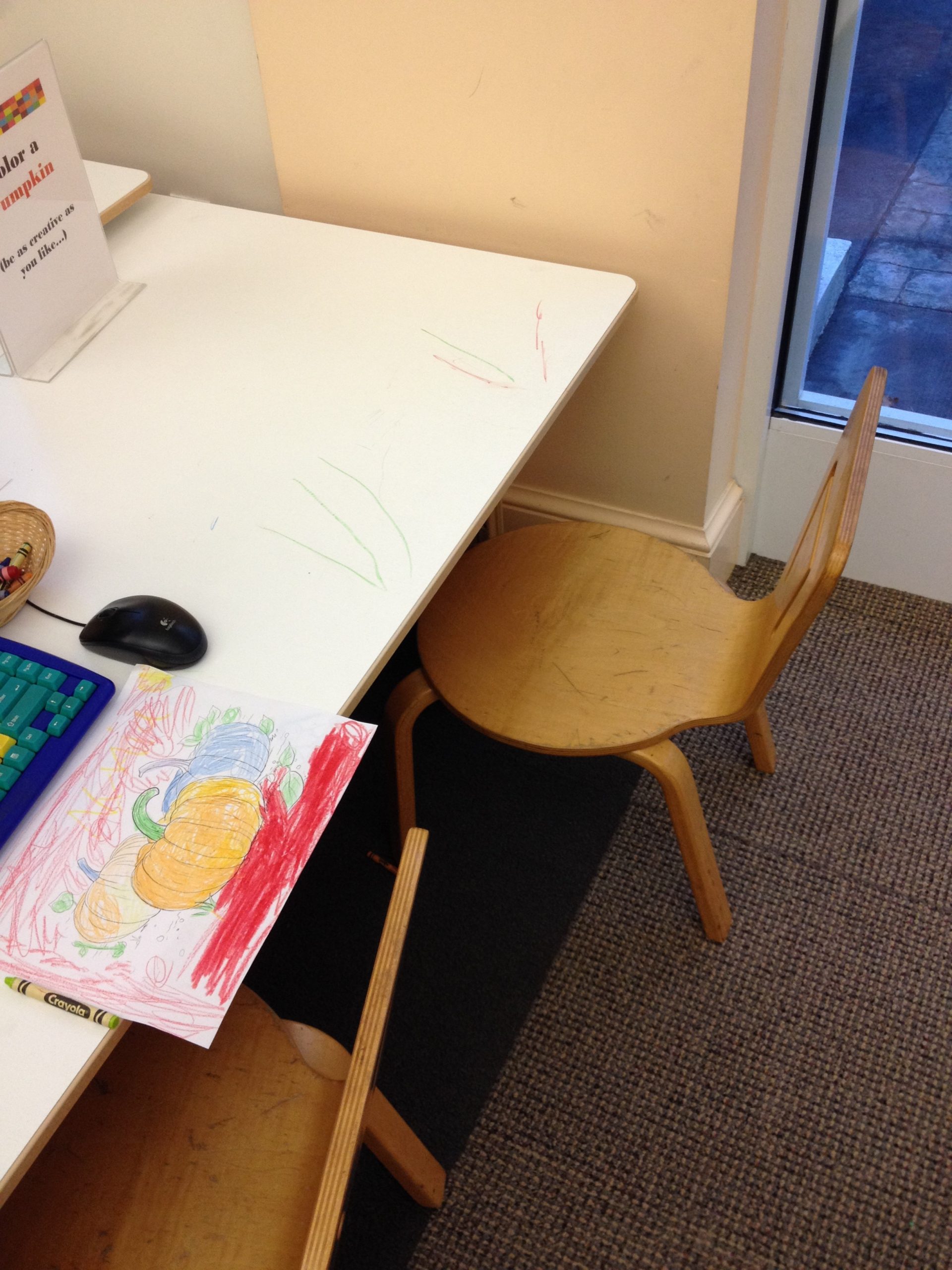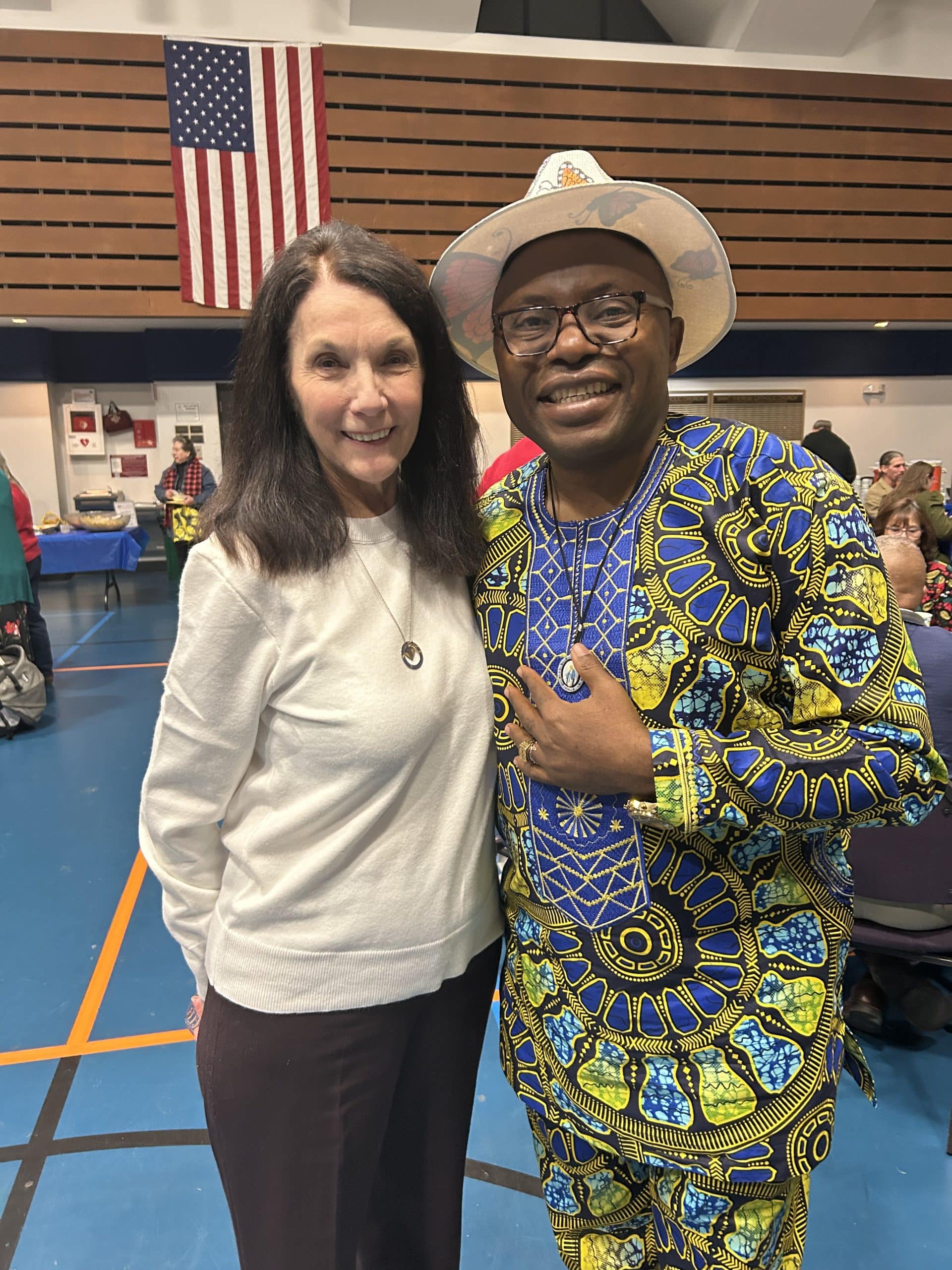Do you often negotiate with children? As parents and educators, sometimes it seems that is all we do. Negotiation does not mean you are giving in to a child’s demands. It simply means you are bargaining. It’s not about winning or losing; it’s about achieving a goal.
In the classroom, there is always one or two students that refuse to participate in an assignment or an activity. Some educators may choose to ignore those particular students, and some teachers choose to provide an alternative assignment. Other educators may have an aide that will sit with the students and help with the assignment. It doesn’t matter which type of person you are, negotiations are a part of today’s world.
Whether you are negotiating with your own child or a student in school, negotiation provides the child or student the opportunity to assume responsibility for their actions.
Some strategies may help in the negotiation process:
• Do not argue. Begin with an agreement. Present your idea in a way that appeals to the child’s need for independence.
• Keep the student/child involved in the process.
• Explain your point of view and listen to theirs.
• Turn the tables and ask how they would manage the situation.
• Stay calm and pick your battles. Remember that you have the final say.
• Through proper phrasing of questions and criticism you can avoid hostile or defensive responses.
• Always listen and respond to a child’s answers or ideas.
Learning the art of negotiation is an important problem solving skill that is needed in life. We must teach children to be careful so the negotiating does not become synonymous with bickering or the wearing down of a person.
No matter the process of negotiating, you are setting the stage for our future negotiators. Being a role model is important in the child’s learning process.
Don’t over-negotiate. Children will test the limits. When you over-negotiate, you are training children to not accept limits. And, there are some circumstances where there should be no negotiating.
Life with students often involves negotiation. When we negotiate with students, it becomes a valuable learning experience. Students learn conflict resolution. If they are not taught the art of negotiating, they may never learn how to work with others.
![]()


